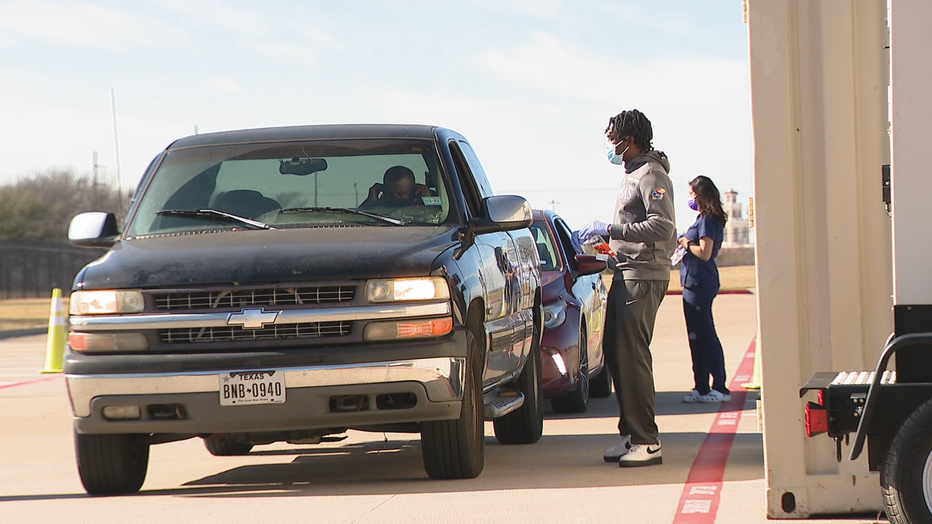Prepare for a COVID-19 summer surge, medical experts warn
Prepare for a COVID-19 summer surge, medical experts warn
COVID-19 cases have been slowly increasing in nearly every state as the highly contagious BA.2 subvariant spreads in the U.S. Most of those cases have been relatively mild, and experts say vaccination continues to provide strong protection against severe illness. But it's the ability of the virus to change that makes arresting COVID-19 challenging.
DALLAS - COVID-19 cases have been slowly increasing in almost every state.
The coordinator of the White House COVID-19 Response Team under President Donald Trump warns we should prepare for a summer surge.
If you were thinking we would get back to normal and live in a world without COVID-19, think again.
Dallas cardiologist Dr. Richard "Rick" Snyder is the president-elect of the Texas Medical Association.
"I think we're going to have flu seasons. And I think as we kind of look forward, we're going to start seeing coronavirus seasons," he said.
Dr. Deborah Birx was the coordinator of the White House COVID-19 Response Team under President Trump until she resigned from that position.
"We should be preparing right now for a potential surge in the summer across the southern United States because we saw it in 2020, and we saw it in 2021," she warned.

Sunday on "Face the Nation," Dr. Birx cautioned about historical summer surges in the south as people gather indoors to escape the heat and a new virus variant just emerging in South Africa.
"That tells me that natural immunity wanes enough in the general population after four to six months that a significant surge is going to occur again, and this is what we have to prepare for in the country," she said.
COVID-19 cases have been slowly increasing in nearly every state as the highly contagious BA.2 subvariant spreads in the U.S.
Most of those cases have been relatively mild, and experts say vaccination continues to provide strong protection against severe illness. But it's the ability of the virus to change that makes arresting COVID-19 challenging.
"I think if you look at the history of a lot of viral pandemics, generally the virus learns not to kill the host," Dr. Snyder explained. "Because what they really want to do is to replicate and infect as many people as possible."
It means we can expect seasons where coronavirus is more prevalent.
"I think you're gonna start seeing a virus that's more infectious and more viral but maybe more gentler. Maybe not as many hospitalizations. Maybe not as many people dying," Dr. Snyder said. "We're still going to have to worry about those who have the high-risk factors: obesity, diabetes, immunosuppressed, those with a lot of birthday candles on their birthday cake. But I think we need to learn to adapt to it as it adapts."
All of this as people are likely planning Mother's Day gatherings.
Outside of vaccines, testing before and after you are around groups of people is really stressed.
Dr. Snyder talked a lot about healthcare in Texas, access, nursing shortages and aging physicians. He spoke at length with Shaun Rabb this week in the Here & Now conversation.

